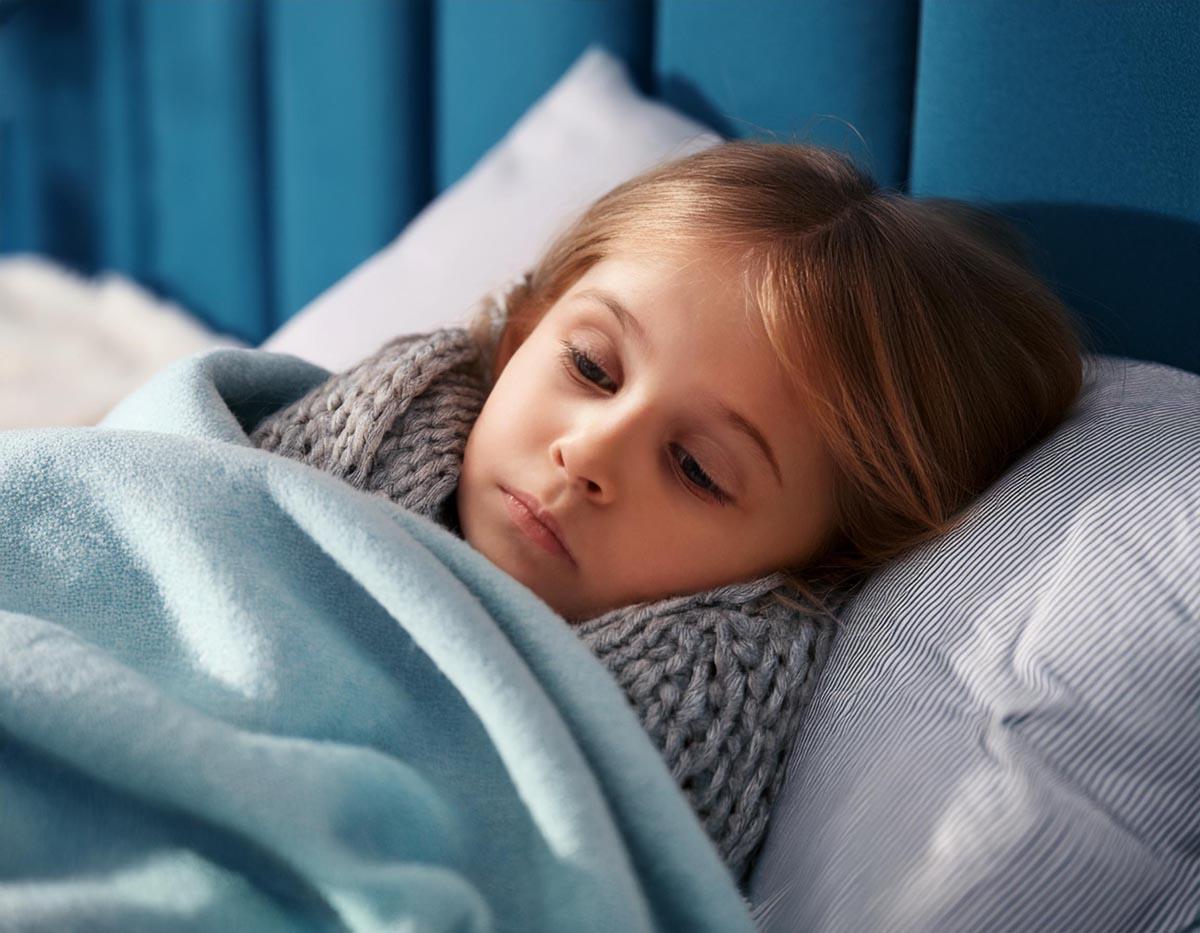Respiratory illnesses in children are on the rise
18/11/2024

Parents are urged to be aware of the signs
With the number of cases of respiratory illnesses in children on the rise health experts are urging parents and carers to be aware of the signs, especially as temperatures are now starting to drop.
Respiratory Syncytial Virus (RSV) is a common virus that causes coughs and colds in winter and is the most common cause of the chest infection bronchiolitis in children under two.
Dr Shelley Segal, Clinical Director for the Children’s Hospital at Oxford University Hospital Trust, said: “We are currently seeing a high number of children with RSV in our hospitals, especially in our Children’s Emergency Department.
“Respiratory illnesses in children are very common, especially in winter. These illnesses spready easily in school surroundings where children are close together.
“We understand that respiratory illnesses in children can be very concerning for families, especially if this is the first time they have experienced it. For the majority of children, however, these illnesses will not be serious and care can be provided at home with simple measures such as paracetamol, ibuprofen, and fluids to help relieve symptoms.”
Common symptoms of bronchiolitis are runny nose, a wet cough, and a mild increase in temperature. It may cause a reduction in appetite and more noticeable effort in breathing.
Most cases of bronchiolitis resolve without requiring medical input and are not serious, but parents should contact their GP for an urgent appointment or contact NHS 111 if their child:
- is breathing with effort that is getting worse, with quicker or deeper breathing
- is feeding or eating much less than normal
- has had a dry nappy for 12 hours or more, or shows other signs of dehydration
- is under one month and has a temperature of 38 C, or is older than one month and has a temperature of 38.5 C or higher on two temperature readings
- is very tired or irritable despite Calpol being given.
Parents and carers are advised to dial 999 for an ambulance or attend an Emergency Department if:
- there are pauses or grunting when their child breathes
- their child’s skin, tongue, or lips are blue
- their child is floppy and will not wake up or stay awake.
To reduce the spread of all viruses use tissues to catch coughs or sneezes, bin the used tissues as soon as possible, and wash your hands with soap and warm water to kill the germs.
Children with flu or bronchiolitis symptoms should stay home and reduce contacts where possible.
Published: by the Banbury FM News Team
